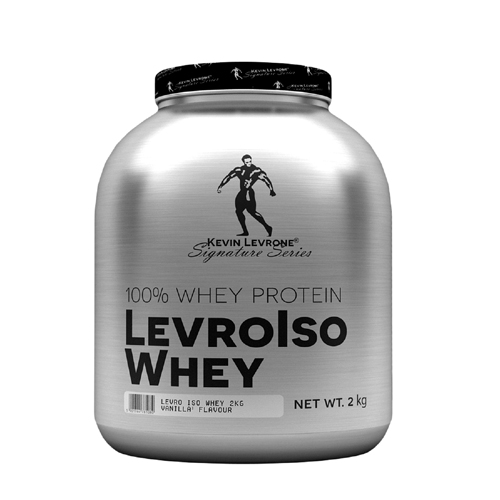During the cheese-making process, a liquid separates from the milk. This liquid is called whey. Whey protein is one of the most popular supplements for fitness enthusiasts and body-builders because it has nutritional benefits and is easy to digest and absorbs quickly. Whey supplements of various brands have, therefore flooded the market. There are two main types of whey protein to choose from whey protein concentration and whey isolate. As if selecting a good brand is not hard enough, choosing between whey protein concentrate and whey protein isolate adds to the dilemma! Let us look at the pros and cons of choosing either of these forms of whey supplement.
- Nutrients: Liquid whey is dried and micro-filtered to make whey concentrate. The whey concentrate contains 80 per cent protein. The remaining 20 per cent comprises of carbohydrates and fats. This 20% portion of whey, the fat, in particular, is rich in nutrients. Due to the short process involved in it’smaking, whey protein concentrate retains most of its source nutrients.
The whey protein undergoes further refining to isolate the protein from carbohydrates and fat. The end product is called whey protein isolate. There are two methods by which isolate can be made. The first method is by using ion exchangers. The second method uses a combination of microfiltration and ultra-filtration. The differences between both the whey protein isolate extracted by either way are small. The isolate prepared through ion exchangers is free of casein molecules, while that made using the filtration process may contain trace amounts of casein. Whey isolate contains more than 90 percent fat and almost no lactose and fat.
- Price: Whey protein concentrate costs lesser than whey protein isolate as making it is simple and therefore involves less expenditure. Isolate costs more as the process involved in its making is complex and expensive.
- Calories: Whey protein concentrate contains more calories as it has proteins, fats and carbohydrates. It has traces of lactose. If one is lactose intolerant, one may experience gas, discomfort and bloating of the stomach and avoid the whey concentrate. On the other hand, whey isolate has very few calories and has only high-quality protein and no carbohydrates and fats. So, for people who are lactose intolerant and on a strict low carb diet, isolate is the desired option.
- Texture: Whey protein isolate has a smoother texture because of the filtering process it undergoes. The concentrate has a slightly gritty texture as it is not processed much.
Now, let us look at the shared benefits of whey protein concentrate and whey protein isolate :
- BCCA: Both whey protein concentrate and whey protein isolate contain a substantial quantity of amino acids. Branch chained amino acids (BCCA) are essential for muscle growth. Leucine, which is a valuable BCCA is in whey protein. Both types of whey protein help improve lean muscle mass and reduce body fat.
- Blood Pressure: Research from the International Dairy Journal shows that whey proteins can significantly lower blood pressure in patients with hypertension.
- Muscle growth: Whey proteins boost muscle growth. As we age, there is a decline in muscle mass, leading to obesity and chronic diseases. Whey supplements trigger the release of anabolic hormones, thereby stimulating muscle growth. By ingesting whey supplements while doing strength training, muscle building happens.
- Weight–loss: Protein is very filling. Eating protein can, therefore suppress appetite and food cravings. Additionally, whey protein burns fat and boosts metabolism to burn more calories. According to a study done on a group and published in Nutrition and Metabolism, the group that was given whey lost weight but gained lean muscle compared to other subjects.
- Inflammation: C-reactive protein causes inflammation. Whey Protein in therapeutic doses can reduce C-reactive protein. Those suffering from chronic inflammation can benefit from whey protein supplements, according to studies.
While making a choice between concentrate and isolate forms of whey, consider what exactly you desire. The nutritional differences between whey protein concentrate and whey protein isolate are negligible. There is now overwhelming evidence to show that the effect either has, upon consumption varies from each other. If you are carefully monitoring the intake of carbohydrates or are lactose intolerant, then weigh protein isolate is for you. Otherwise, whey protein concentrate is cheaper and provides more nutrition.
The market is flooded with whey protein supplements. Read the label carefully. If you are looking for isolate, then the first ingredient should be “100 per cent whey protein isolate” under the ingredients list. Supplements are also sold as whey protein blend. See if a complete list of ingredients is given.
Lastly, if buying online, buy through a reputed, credible website that does not have multiple vendors competing to sell the same product and doesn’t pass through many intermediaries before reaching your hands.























